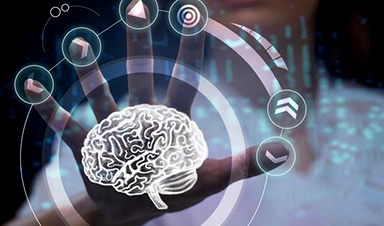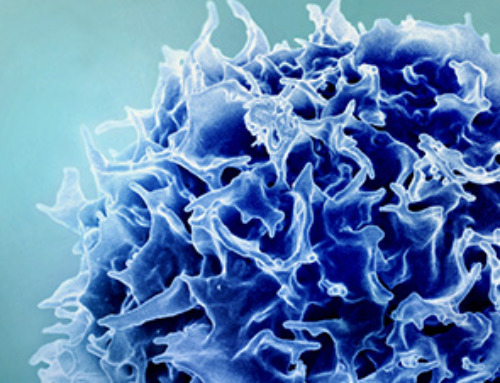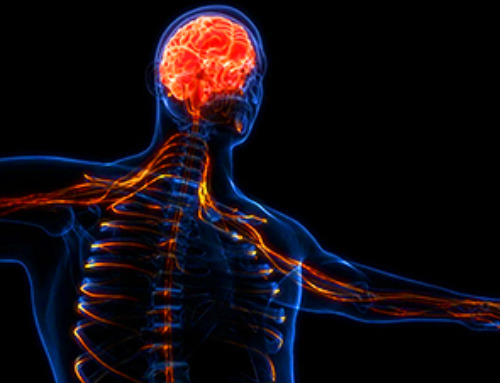Some medical technologies that use artificial intelligence might benefit patients but result in a drop in health system revenues. This could make widespread adoption of AI in medicine a tough sell.
Healthcare is a world of perverse incentives. One person’s waste is another person’s annual bonus. If you have shares in Novo Nordisk, you don’t really want people to eat more fruits and vegetables, because then sales of diabetes meds might drop. The same is true on a larger scale for hospital systems that get paid to conduct tests and perform surgeries instead of keeping people healthy.
It doesn’t pay—yet—to keep people healthy. Many entrepreneurs and government leaders are dragging the American healthcare system away from the fee-for-service model, but the road to pay for performance medical care is long and winding.
HeartFlow is the perfect example of how a positive change for patients could mean a drop in health system revenues. The company’s goal is to improve care for heart disease by avoiding both under- and over-treatment. HeartFlow takes data from a CT scan and turns it into a 3D model of the veins and arteries that supply blood to the heart.
“If our system is adopted, the net annual savings would be $2 billion for one commercial payer,” said John Stevens, MD and president of HeartFlow. “We could avoid 250,000 unnecessary procedures and even save 30,000 lives.” Stevens shared these shocking numbers at HLTH 2018 in early May in Las Vegas.
Image Credit: From article
News This Week
New study suggests a way to rejuvenate the immune system
Stimulating the liver to produce some of the signals of the thymus can reverse age-related declines in T-cell populations and enhance response to vaccination. As people age, their immune system function declines. T cell [...]
Nerve Damage Can Disrupt Immunity Across the Entire Body
A single nerve injury can quietly reshape the immune system across the entire body. Preclinical research from McGill University suggests that nerve injuries may lead to long-lasting changes in the immune system, and these [...]
Fake Science Is Growing Faster Than Legitimate Research, New Study Warns
New research reveals organized networks linking paper mills, intermediaries, and compromised academic journals Organized scientific fraud is becoming increasingly common, ranging from fabricated research to the buying and selling of authorship and citations, according [...]
Scientists Unlock a New Way to Hear the Brain’s Hidden Language
Scientists can finally hear the brain’s quietest messages—unlocking the hidden code behind how neurons think, decide, and remember. Scientists have created a new protein that can capture the incoming chemical signals received by brain [...]
Does being infected or vaccinated first influence COVID-19 immunity?
A new study analyzing the immune response to COVID-19 in a Catalan cohort of health workers sheds light on an important question: does it matter whether a person was first infected or first vaccinated? [...]
We May Never Know if AI Is Conscious, Says Cambridge Philosopher
As claims about conscious AI grow louder, a Cambridge philosopher argues that we lack the evidence to know whether machines can truly be conscious, let alone morally significant. A philosopher at the University of [...]
AI Helped Scientists Stop a Virus With One Tiny Change
Using AI, researchers identified one tiny molecular interaction that viruses need to infect cells. Disrupting it stopped the virus before infection could begin. Washington State University scientists have uncovered a method to interfere with a key [...]
Deadly Hospital Fungus May Finally Have a Weakness
A deadly, drug-resistant hospital fungus may finally have a weakness—and scientists think they’ve found it. Researchers have identified a genetic process that could open the door to new treatments for a dangerous fungal infection [...]














Leave A Comment